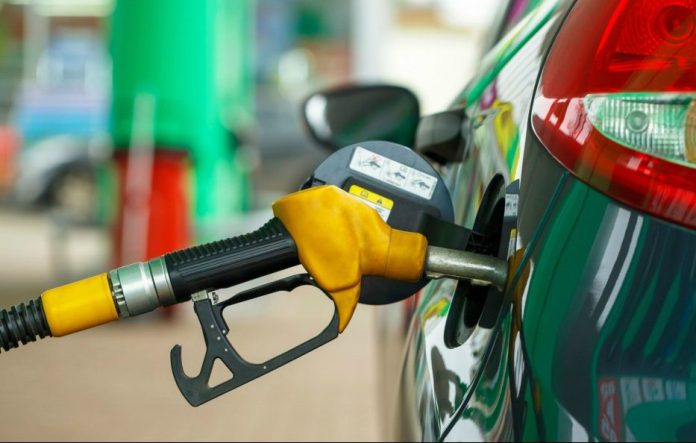
Scrap levies on fuel to reduce prices further
Existing taxes and levies imposed on petroleum products need to be rationalised to beat down the prices of petroleum products at the pump, two energy experts have said.
An Associate Lecturer at the University of Aberdeen in the United Kingdom, Dr Theophilus Acheampong, and the Executive Secretary of the Chamber of Petroleum Consumers (COPEC), Duncan Amoah, believe that while some of the levies have not been fully used for their intended purposes, others have outlived their purpose but continue to contribute to the price build-up on fuel sold to consumers.
Advertisement
Dr Acheampong said the price stabilisation and recovery levy, for instance, had not been fully used for its intended purpose, although it continued to contribute to the price build-up on fuel.
“This levy has mainly been used to subsidise premix and residual fuel, instead of the other legal requirements under the Energy Sector Levies Act, 2015 (Act 899) to stabilise petroleum prices for consumers,” he explained.
The levies, which the experts described as nuisance taxes, also included the sanitation and pollution levy imposed on fuel prices by the government to generate more domestic revenue.
Aside from that, there are five other levies, including the energy debt recovery levy, the road fund levy and the energy fund levy.
There is also the energy sector recovery levy and the special petroleum tax on petroleum products, which together make up about 30 per cent of ex-pump fuel prices.
Reduce burden
Considering the harsh economic situation in the country, Mr Amoah, who uses the price build-up to predict the movement of prices to help the consumer to plan, supported views that a number of levies imposed on petroleum products needed to be removed with immediate effect to help reduce the burden on consumers.
Particularly, he said, the special petroleum tax of 48Gp per litre of fuel must be scrapped, as it had already served its intended purpose.
“The reason was to ensure that the low realisations we were making from petroleum exports could be bridged due to the decline in prices, but now they are making enough from exports, with crude selling about $90 per barrel. So there is no way that tax should still be there,” he told the Daily Graphic last Monday.
Mr Amoah said the energy sector levy must also be halved, since the bulk of the energy sector debt had been settled.
Also, he said, the government must scrap the 10Gp per litre sanitation and pollution levy because it was unfair to levy fuel consumers against sanitation because rubbish generated in the country was disposed of with money individuals paid towards that, not from the government.
“The pollutant pay principle applies elsewhere,” he said.
Parliamentary approval
The Head of Economic Regulation at the National Petroleum Authority (NPA), Abass Ibrahim Tasunti, told the Daily Graphic that the taxes and levies imposed on petroleum products in the country represented about 17 and 14 per cent, respectively.
He said the various margins together represented about eight and six per cent of the pump prices of petrol and diesel, respectively.
Mr Tasunti said although it was obvious that the removal of levies on petroleum products would reduce the cost of fuel at the filling station, the levies imposed were justified by the government and approved by Parliament.
“It is not in our place to agree with any expert or disagree because our mandate, as the NPA, is to enforce the law and what Parliament has approved,” he said.
Until the law changed, he said, the NPA would continue to enforce it in line with its mandate.
Price build up
Three key factors drive the prices of petroleum products in the country — the import parity price of the product, the foreign exchange rate and the imposed taxes and margins.
The ex-pump price is arrived at by adding the ex-refinery price of the product to the taxes, levies and margins imposed on the product.
The ex-refinery price is the price at which importers (bulk import, distribution and export companies) sell the product to oil marketing companies (OMCs) and LPG marketing companies (LPGMCs).
It is made up of the world market price of the product and the cost of landing the product into Ghana or producing it locally before it is sold to the OMCs/LPGMCs for supply to their retail outlets.
The Ghana Cedi to dollar (GHc/USD) exchange rate is used to convert the ex-refinery price from USD to GHc before sale to the OMCs/LPGMCs.
According to the NPA, the ex-refinery price represented about 75 and 81 per cent of the ex-pump price of petrol and diesel, respectively, while the rest was made up of levies, taxes and margins.



